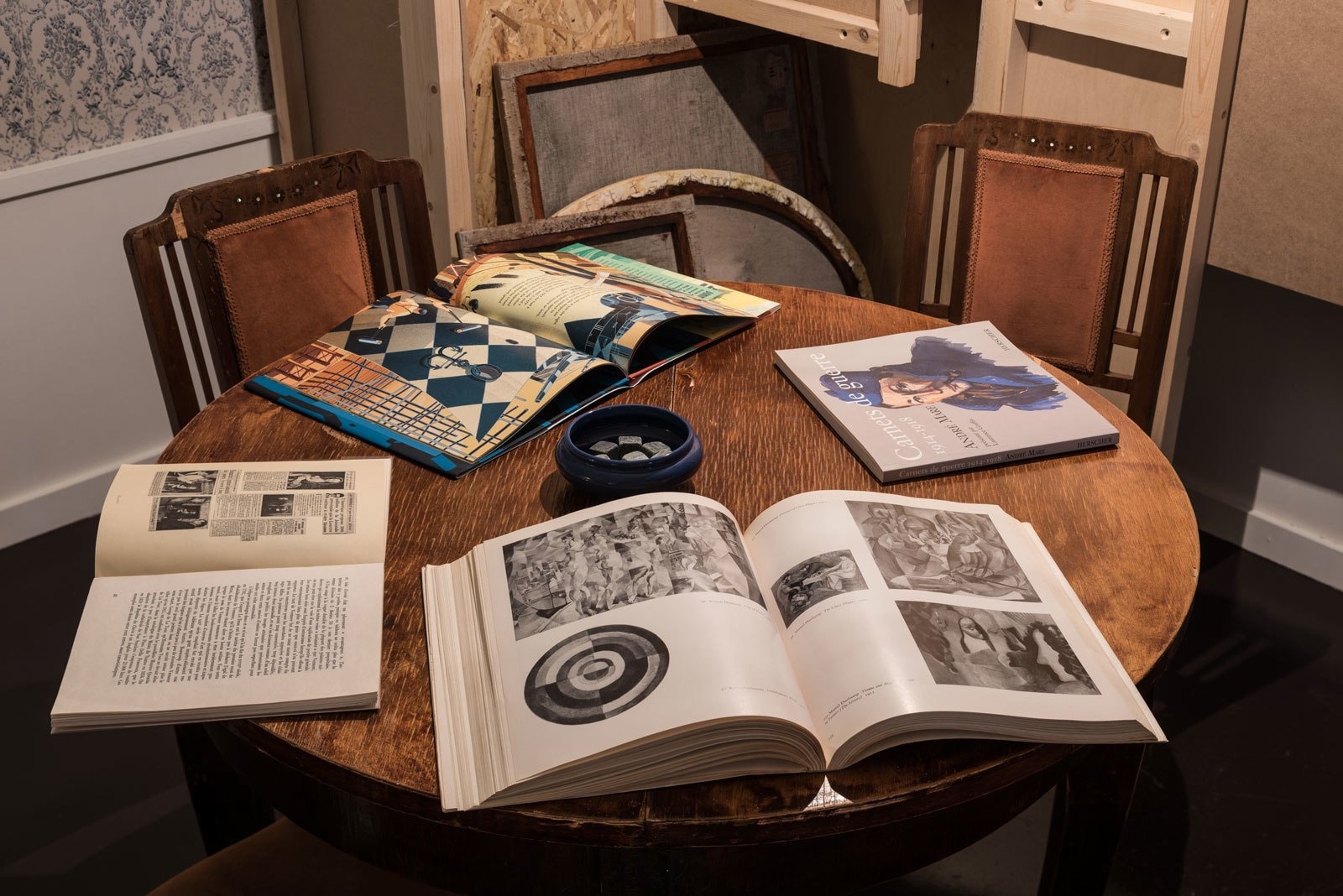If our soup can could speak: Mikhail Lifshitz and the Soviet Sixties. Exhibition guide
Garage has published a guide in Russian and English specially for the exhibition If our soup can could speak: Mikhail Lifshitz and the Soviet Sixties. The printed version is available with the Museum ticket.
A full bibliography for each room is available as a PDF.
The year 1968 looked very different from a Soviet perspective than it did from a Western one. The invasion of Czechoslovakia by Warsaw Pact forces was a fatal event. It put a sudden end to the so-called “Prague Spring,” and with it to the brief but intense cultural and political liberalization of the previous decade. Soon stagnation would set in, or so the story goes.
Only months before the invasion, the Marxist philosopher and cultural critic Mikhail Lifshitz (1905–1983) published a study of cubism and pop art called The Crisis of Ugliness. A uniquely detailed and illustrated source on modernist art, it was widely read across the Soviet Union. Very few actually agreed with its author’s views. The Soviet intelligentsia was abandoning Marxism en masse, but Lifshitz came out as its staunch defender in the aesthetic field. To him modern art was “a system of devices for the creation of a moral alibi” for the cultural consumer. The only way forward, he reaffirmed, was realism, rooted in the classical tradition and driven by amateur creativity or “the artistic self-activity of the masses,” as it was called in the Soviet Union.
In 1968, such a position seemed to many like it might be part of the new hard line in Soviet domestic and foreign policy. There are clues, however, that Lifshitz’s orthodoxy had nothing in common with its government-issue version. His writing is far more subtle and well-informed. It demonstrates a deep, first-hand familiarity with the avant-garde’s devices, its agenda, its problems, and its paradoxes. Armed with this knowledge, Lifshitz demands that the art of the twentieth century be read on its own anti-aesthetic terms, as a historically necessary step. And, in the frame of his polemic, he makes his own radical, communist counterproposal to what we today call contemporary art.
The exhibition If our soup can could speak… departs from Lifshitz’s seminal book. The result of a three-year Garage Field Research project, it takes an in-depth look at Lifshitz as a writer with a sense for uncanny contradictions and sublime historical ironies. In a series of rooms inspired by film sets, art historical interiors, and the settings of intellectual life in the Soviet Union, the exhibition delves deep into the Kafkaesque atmosphere of the Soviet epoch. It tells the story of Lifshitz’s notorious attack on modernism, revealing what is at the same time a declaration of love for art.
Visitors are welcome to handle the books and printed materials on display.
